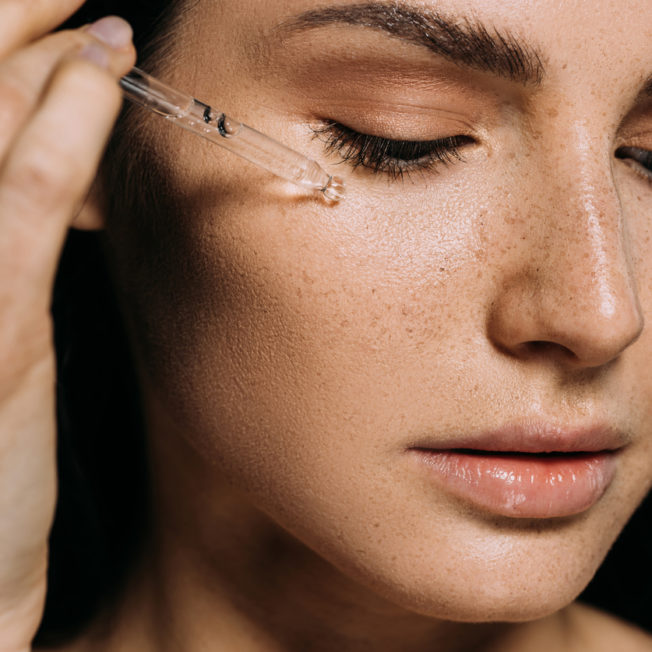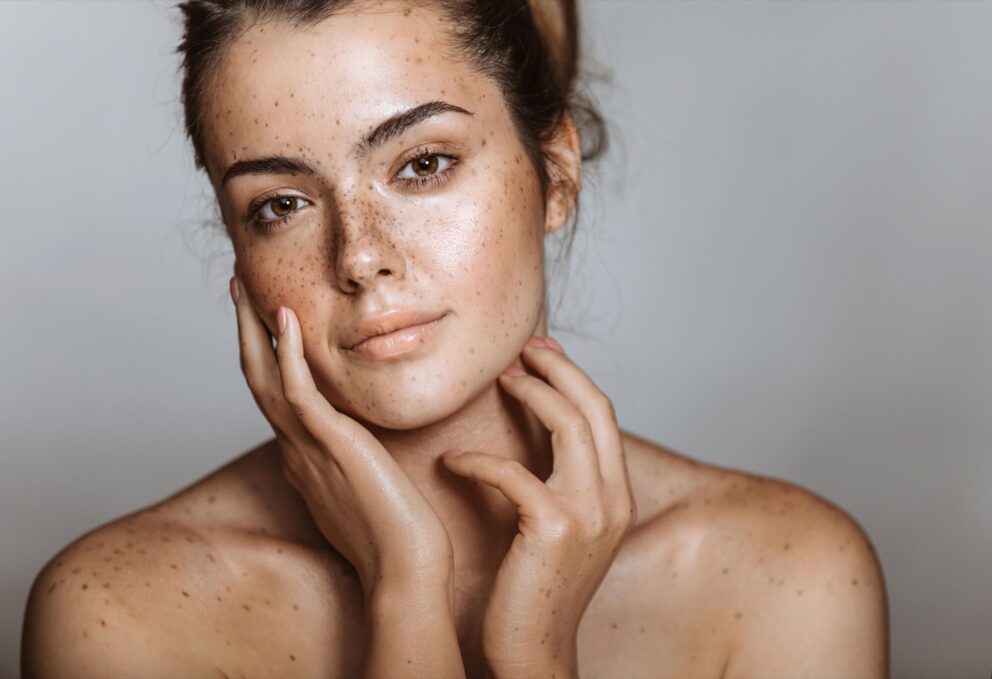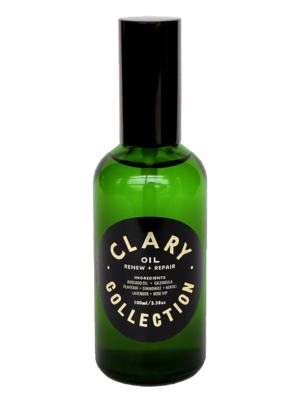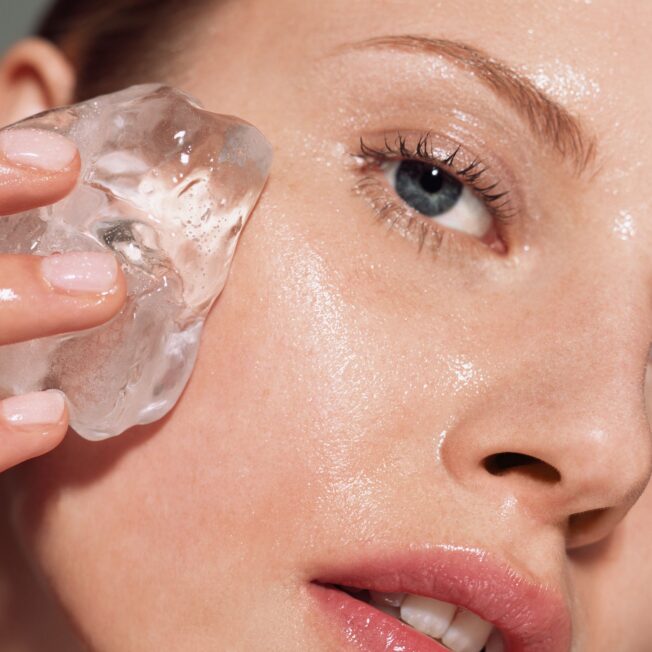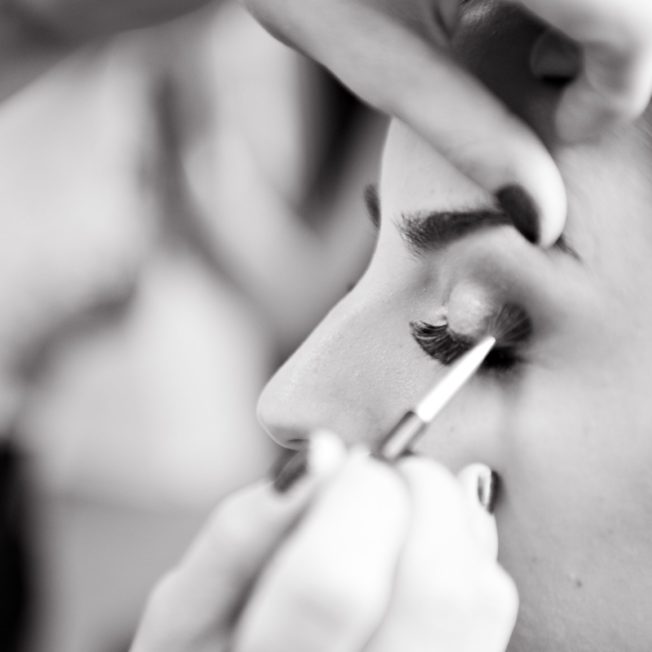Ah, face oils. They’re seemingly everywhere, from Net-a-Porter to Whole Foods, begging you to give them a try. But no one’s talking about why you need a face oil, and I wouldn’t blame you for being confused. Weren’t we taught to avoid oils at all costs just a few years ago? Don’t they lead to acne? Well, that way of thinking has recently changed, and there are literally thousands of facial oils on the market right now that prove this product is a skincare superhero.
Basically, any kind of moisture imbalance — whether your skin is dry, oily, or combination — can be traced back to an issue with your natural oil production. Either your sebaceous glands are making too little oil (dry skin), too much oil (oily skin), or an inconsistent amount of oil (combo skin). When you supplement your skin’s natural function with a face oil, though, it solves all of those problems. (Yes, even if your face is already oily or acne-prone.) And if you have no skin problems? First, I’m jealous and second, face oil will only enhance your dewy glow.
Here’s how it works:
Adding oil to dry skin makes up for what your body isn’t producing on its own; while adding oil to oily skin basically sends a message to your sebaceous glands that says, “We have enough oil now!” — which actually triggers them to stop producing excess oil. Acne-prone skin behaves in much the same way. Essentially, your glands produce oil faster than your pores can release it, and things get “clogged.” By adding the right oil to the skin’s surface, you signal your glands to stop production, and voila: clear, glowing skin.
That being said, there are certain oils that are better for certain skin types. If you want to reap the benefits, you have the do the research!
Normal or Combination Skin: Avocado Oil
“I think the best oil you can ever use on your face is avocado oil,” Lauren Pennington, founder of Spiced Sugah tells Nécessité. “It’s so nourishing. It’s a thicker oil, so it’s heavier, but it gives you a beautiful glow and it’s so moisturizing.” She calls it the “perfect oil for normal skin.” Sold!
Oily Skin: Jojoba Oil
Jojoba oil mimics the skin’s natural sebum — the particles are actually the same size — so this is considered best in class when it comes to regulating oily skin. “If you’re oily, I say jojoba oil because it balances out the oil levels,” Pennington confirms.
Dry Skin: Squalane Oil
If your skin is naturally dry, you need an oil that your pores will drink up. Squalane oil is perfect for that, since it closely resembles a substance that the skin naturally produces and recognizes: squalene. This particular oil can be derived from shark livers, so be sure to check your sources — the ethical and eco-friendly thing to do is to opt for plant-derived squalane, which is just as nourishing.
Acne-Prone Skin: Prickly Pear Oil
“For acne-prone skin, I’d go with prickly pear oil 1,000 percent,” Pennington tells us. “It’s a more expensive oil so people don’t like to use it” — that explains why you may not have heard about it before — ”but the properties are unmatched, and it’s so good for scarring.”
For Sun Protection: Raspberry Seed Oil and Broccoli Seed Oil
There’s really an oil for everything. Scientific studies have shown that raspberry seed and broccoli seed oils have properties that strengthen skin against the sun’s harmful rays. They don’t replace SPF, of course, but if you’re looking for a natural way to boost your skin’s resilience, opt for one (or both) of these.
















